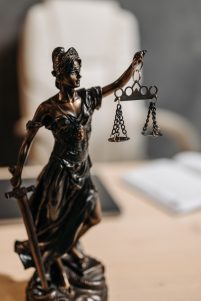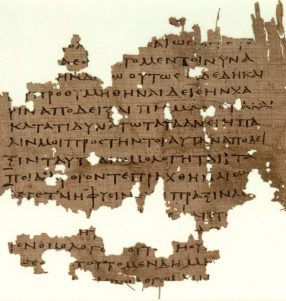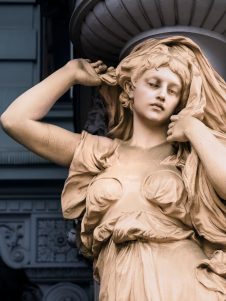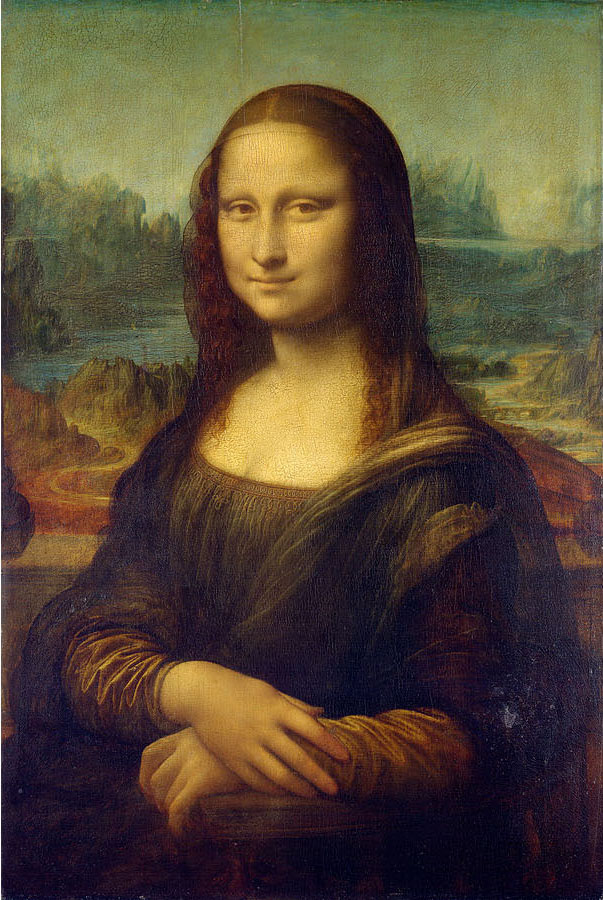Capitalism and Socialism in Plato’s Republic
Article By Gilad Sommer
 Capitalism and Socialism are commonly portrayed as two contrasting approaches to the distribution of resources within a society. In very simple terms, Capitalism advocates for the freedom of economic activity and individual ownership of property, while Socialism promotes regulated economic activity, and communal ownership of property. Based on these basic definitions, one can understand why they are often seen as opposing ideologies, and even as staunch adversaries.
Capitalism and Socialism are commonly portrayed as two contrasting approaches to the distribution of resources within a society. In very simple terms, Capitalism advocates for the freedom of economic activity and individual ownership of property, while Socialism promotes regulated economic activity, and communal ownership of property. Based on these basic definitions, one can understand why they are often seen as opposing ideologies, and even as staunch adversaries.
In his dialogue, The Republic, Plato presents an ideal state in which justice reigns, and depicts a social structure that can be seen as an intriguing complementary blend of these two economic approaches. According to this interpretation, these systems are not fundamentally at odds, but they simply cater to different types of people. In his work, Plato describes a societal division of four distinct types of people, symbolically associated with four types of metals – iron, bronze, silver and gold.

Fragment of Plato’s Republic
According to Plato, the gold and silver people are those who are meant to lead society. They are the philosophers, the seekers of wisdom. In Plato’s ideal state they reside in what can be considered a socialistic commune by today’s standards, where individual ownership is absent, and all their property and needs, including lodging, food, and training, are provided by the state. It is important to note, however, that these individuals do not make this sacrifice in order to assume positions of power, nor are they coerced to relinquish their property. Instead, the gold and silver people are precisely those who lack the desire or inclination for personal ownership; they have their interest in other, more elevated spheres. Their identity is not found in what they own or have.
In Plato’s ideal society, individuals with a desire for personal property and ownership, namely the bronze and iron people, would be free to live within a market society, resembling capitalism. They would have the opportunity to acquire and own property, compete commercially, and so on. However, for the distribution of resources to be just, it would be regulated by the gold and silver people, i.e., those who do not own and have no wish to own. According to Plato’s reasoning, if an individual’s identity revolves around their possessions, they would have a hard time to embody the qualities of a just leader.
There is a reason the referee in a sports game is not one of the players. A referee who has a stake in the game, is hardly going to be fair and just.
There is, however, a crucial element to consider in Plato’s Republic. Both Capitalism and Socialism, particularly in their extreme forms, often reduce human beings to mere units of economic productivity. The key distinction between these two systems lies in who reaps the benefits of that productivity. Consequently, over the past 70 years, our societies have transformed into nothing more than production engines, utilising their citizens as mere means to achieve financial goals, whether they are a country’s GDP growth or corporate profits. Unfortunately, this singular emphasis has resulted in the complete neglect, if not erasure, of the spiritual and transcendent aspects of the human being.
Where are today’s great masterpieces of art? The awe-inspiring buildings and out-of-this-world sculptures one finds in ancient cultures? Where are the inspiring heroes and visionary leaders?

They are few and far between.
In Plato’s Republic, the leadership of the gold and silver people repositions economy from the center of society back to its rightful place as a means to an end: human development, and the embodiment of the ideals of goodness, justice, beauty and truth. A society that neither squashes its individuals, nor undermines community for the sake of individual achievement.
Plato died some 2500 years ago, yet his ideas remain worthy of contemplation today. While our contemporary societies have notched undeniable victories in various domains, we have also failed terribly in others, and some of these failures now pose a threat to our existence.
It seems that what we have done so far is not working. Do we have the courage to change?
Image Credits: By Pavel Danilyuk | Pexels | CC BY PD, By Bender 235 | Wikimedia Commons | PD, By Simon Berger | Pexels | CC BY PD
The entity posting this article assumes the responsibility that images used in this article have the requisite permissionsImage References
Featured image: By Pavel Danilyuk | Pexels | CC BY PD Image 1 : Fragment: By Bender 235 | Wikimedia Commons | PD Image 2: By Simon Berger | Pexels | CC BY PD
Permissions required for the publishing of this article have been obtained




What do you think?